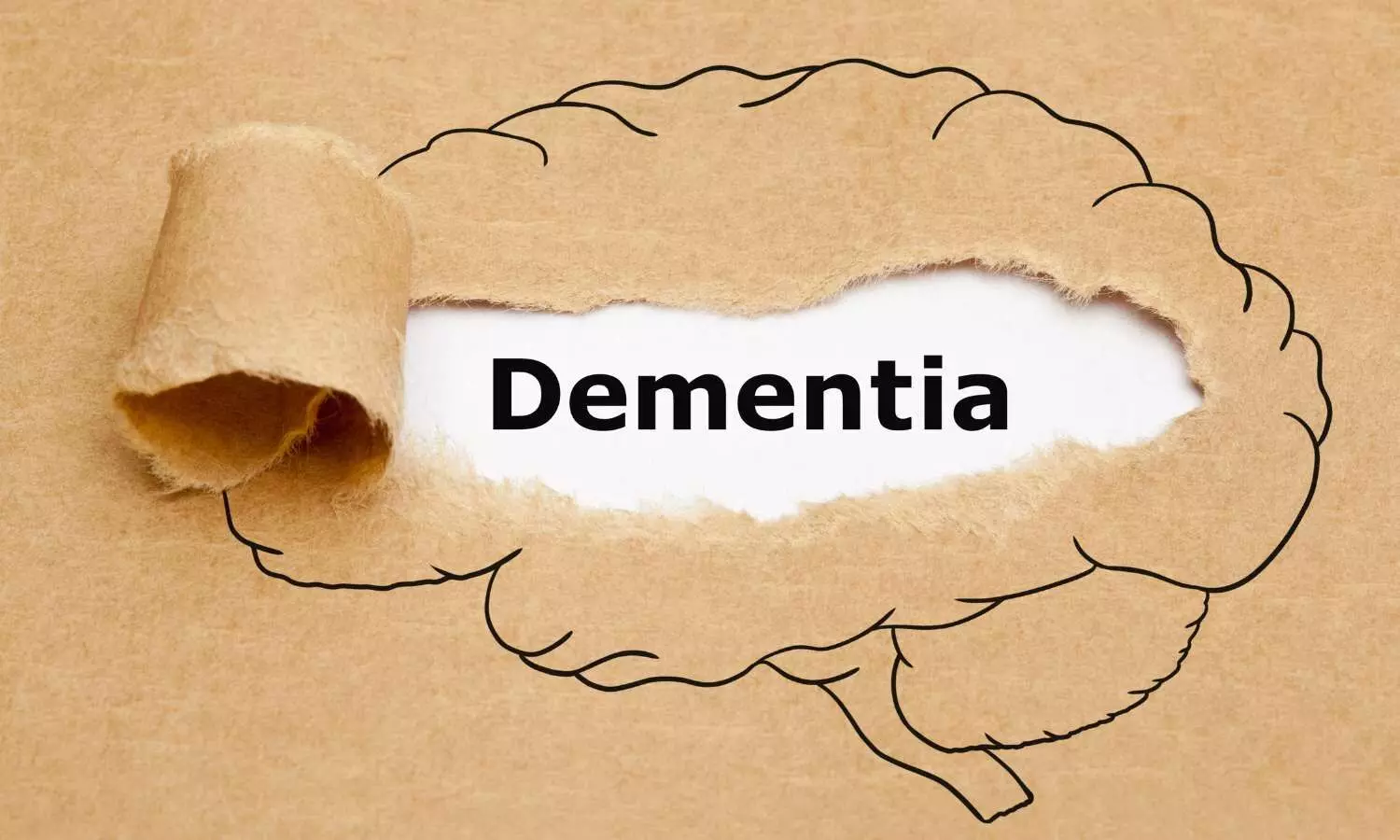Dementia Diagnosis Delayed by Over 3 Years After Symptoms Start: Study

New Delhi: A new study published in the International Journal of Geriatric Psychiatry has found that people with dementia are diagnosed, on average, 3.5 years after the first symptoms are noticed. The delay in diagnosis, according to researchers, poses challenges in timely access to treatment and care.
The study, led by researchers from University College London (UCL), highlights the need for better awareness, training, and healthcare strategies to support earlier diagnosis. The researchers reviewed data from 13 previously published studies conducted in Europe, the United States, Australia, and China. The studies involved a total of 30,257 participants.
The study found that people with early-onset dementia typically diagnosed before the age of 65 face even longer delays, with diagnosis taking up to 4.1 years. Individuals diagnosed with frontotemporal dementia also experienced longer delays compared to those with other types.
"Timely diagnosis of dementia remains a major global challenge, shaped by a complex set of factors, and specific health care strategies are urgently needed to improve it. Timely diagnosis can improve access to treatments and, for some people, prolong the time living with mild dementia before symptoms worsen,” said lead author Dr. Vasiliki Orgeta from the Division of Psychiatry at UCL.
Dementia, a growing public health concern, currently affects over 57 million people worldwide. Despite its prevalence, diagnosis rates remain low estimated at only 50 to 65 per cent in high-income countries, with even lower rates in many other regions.
Dr. Phuong Leung, also from UCL's Division of Psychiatry, said, "Symptoms of dementia are often mistaken for normal ageing, while fear, stigma, and low public awareness can discourage people from seeking help."
The study emphasizes the importance of recognizing early signs, such as memory loss, difficulty finding words, confusion, and changes in mood and behaviour.
Orgeta added that public education campaigns and clinician training are essential. “Clinician training is critical to improve early recognition and referral, along with access to early intervention and individualised support so that people with dementia and their families can get the help they need," she said.
The authors concluded that improvements in public awareness and healthcare system readiness are necessary to reduce delays in diagnosis and ensure people with dementia receive timely and appropriate care.
(With inputs from IANS)


